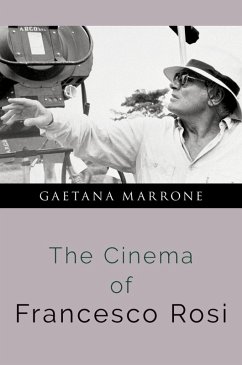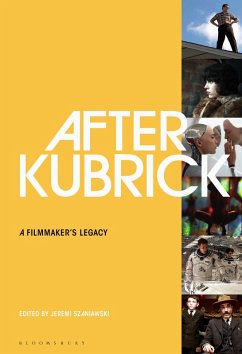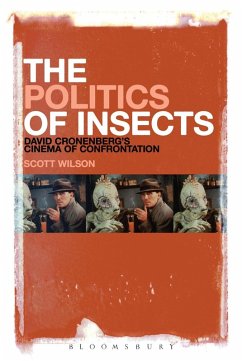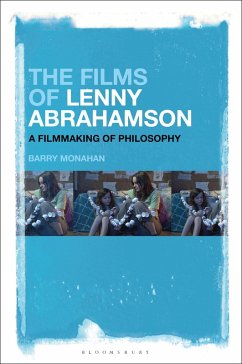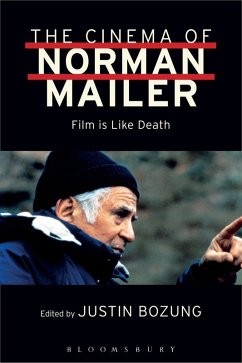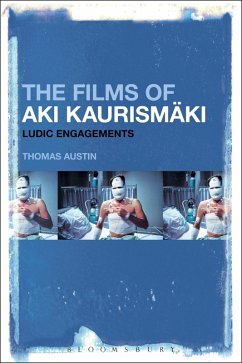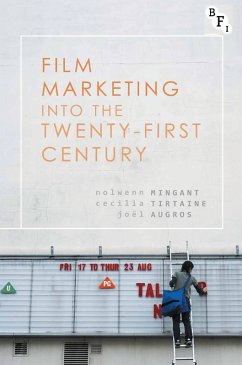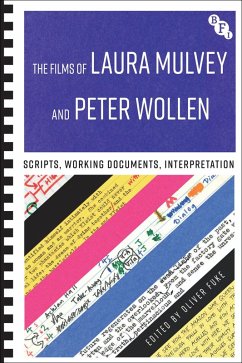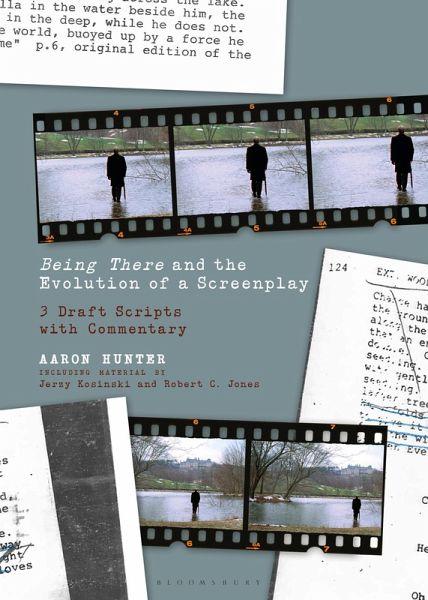
Being There and the Evolution of a Screenplay (eBook, PDF)
3 Draft Scripts with Commentary

PAYBACK Punkte
13 °P sammeln!
Being There and the Evolution of a Screenplay provides an insightful look at the drafting of one of Hollywood history's greatest scripts. Being There (1979) is generally considered the final film in Hal Ashby's triumphant 1970s career, which included the likes of Harold and Maude (1971) and Shampoo (1975). The film also showcases Peter Sellers's last great performance. In 2005, the Writers Guild of America included Being There on its list of 101 Best Scripts. Being There and the Evolution of a Screenplay features three versions of the script: an early draft by Jerzy Kosinski, based on his 1970...
Being There and the Evolution of a Screenplay provides an insightful look at the drafting of one of Hollywood history's greatest scripts. Being There (1979) is generally considered the final film in Hal Ashby's triumphant 1970s career, which included the likes of Harold and Maude (1971) and Shampoo (1975). The film also showcases Peter Sellers's last great performance. In 2005, the Writers Guild of America included Being There on its list of 101 Best Scripts. Being There and the Evolution of a Screenplay features three versions of the script: an early draft by Jerzy Kosinski, based on his 1970 novel; a second by long-time Ashby collaborator and Oscar-winner Robert C. Jones, which makes substantial changes to Kosinki's; and a final draft written by Jones with Ashby's assistance, which makes further structural and narrative changes. Additionally, the book features facsimile pages from one of Kosinski's copy of the scripts that include handwritten notes, providing readers with valuable insight into the redrafting process. For each version, Ashby scholar Aaron Hunter adds perceptive analysis of the script's development, the relationships of the writers who worked on it, and key studio and production details. This is both a presentation of the script of Being There, and a record of the process of crafting that script - a text that will be of interest to film fans and scholars as well as writers and teachers of screenwriting. Evolution of a Screenplay is the first book of its kind to so amply demonstrate the creative development of a Hollywood script.




